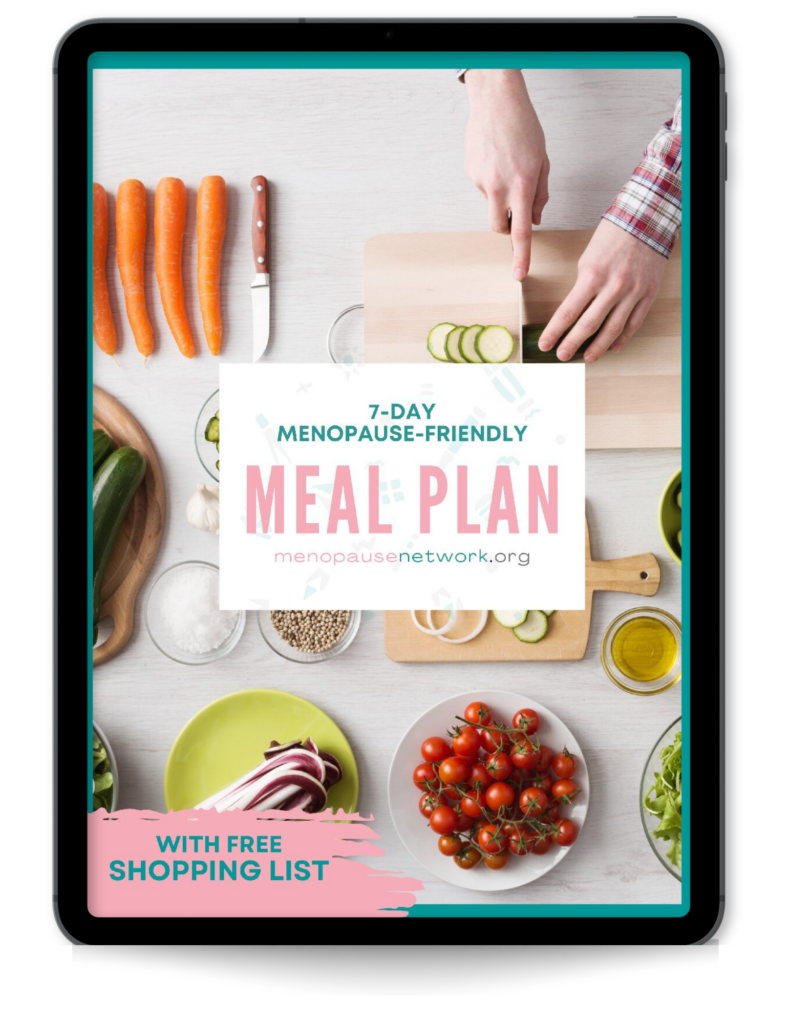Nutritional Guide for Women Over 40: The Essentials for a Healthier You

As you hit your 40s, your body starts changing in ways that can feel a bit unexpected. Slowing metabolism, hormonal shifts, and the early stages of perimenopause can make it tricky to keep up with what your body needs. But here’s the good news: with a few smart dietary choices, you can feel your best and keep things running smoothly. This guide is all about giving you the tools to support your health with essential nutrients and dietary tweaks that fit the way your body works now.
Changing Nutritional Needs After 40
Metabolism Slows Down
You might notice that maintaining your usual weight is getting harder. Thanks to reduced muscle mass and hormonal changes, your metabolism naturally slows down as you age. This means that your body isn’t burning calories as efficiently as it used to. But don’t worry—it’s not about eating less, it’s about eating smarter. By focusing on nutrient-dense foods, you can keep your metabolism humming along.
Bone Density Declines
As estrogen levels drop, especially during perimenopause and menopause, bone density tends to decrease, raising the risk of osteoporosis. It’s time to make bone health a priority by focusing on foods rich in calcium and vitamin D, and ensuring your diet supports strong bones.
Hormonal Fluctuations
Welcome to the world of hot flashes, mood swings, and sleepless nights! Hormonal fluctuations are part of the journey through perimenopause and menopause, and they can make it tough to stay on top of your health. The good news is, the right nutrients can help balance these changes and ease some of the discomfort.
Essential Nutrients for Women Over 40

1. Calcium and Vitamin D
Your bones are calling, and they need a boost! Calcium and vitamin D work together to support bone health and reduce the risk of osteoporosis. As your body’s ability to absorb these nutrients decreases with age, it’s crucial to prioritize them.
Sources of Calcium: Dairy products, fortified plant-based milks, leafy greens like kale, almonds. Sources of Vitamin D: Fatty fish (salmon, mackerel), fortified foods, and getting out in the sunlight.
2. Protein
Protein isn’t just for athletes—it’s key to maintaining muscle mass and supporting your metabolism, which is extra important when you’re over 40. Protein also aids in tissue repair, helping you recover better from workouts or everyday activity.
Best Protein Sources: Lean meats, poultry, fish, eggs, legumes, tofu, and low-fat dairy products.
3. Fiber
Fiber is your digestive system’s best friend. It not only helps keep things moving smoothly, but it also helps regulate blood sugar levels and supports heart health—two major areas to keep an eye on as you age.
Fiber-Rich Foods: Whole grains, fruits, vegetables, legumes, nuts, and seeds.
4. Omega-3 Fatty Acids
Omega-3s are like a superhero for your heart and brain, helping to reduce inflammation and keeping both your heart and brain in tip-top shape. Plus, they can support joint health, which is a bonus as your body gets a bit creakier.
Top Omega-3 Sources: Fatty fish like salmon and sardines, flaxseeds, chia seeds, and walnuts.
5. B Vitamins
If you’re feeling sluggish or foggy, it might be time to boost your B vitamins. These vitamins are crucial for energy production, brain function, and cell metabolism, helping you feel more energized throughout the day.
Where to Get Them: Whole grains, eggs, dairy products, leafy greens, and legumes.
6. Antioxidants
Antioxidants are your body’s defense against oxidative stress, which can lead to cell damage and chronic diseases. Think of them as your internal “clean-up crew,” helping to keep your cells healthy and vibrant.
Antioxidant Powerhouses: Berries, dark chocolate, pecans, artichokes, and kidney beans.
Dietary Recommendations for Women Over 40

What to Include
- Dairy or Fortified Alternatives: Opt for calcium- and vitamin D-rich options to keep your bones strong.
- Lean Proteins: Chicken, turkey, plant-based proteins—whatever you prefer, just make sure you’re getting enough to maintain muscle.
- Whole Grains: Brown rice, quinoa, and whole wheat bread will help you feel fuller longer and support digestive health.
- Fruits and Vegetables: Variety is key! Go for a rainbow of colors to maximize your nutrient intake.
- Healthy Fats: Olive oil, avocados, and nuts offer heart-healthy fats that also keep your skin glowing.
What to Limit
- Saturated and Trans Fats: Found in fried foods and processed snacks, these fats can contribute to heart disease.
- Added Sugars: Watch out for sugary drinks, candies, and desserts. They can cause energy crashes and weight gain.
- Sodium: Too much salt can raise blood pressure, so aim to reduce processed and packaged foods.
Hydration: Stay Hydrated, Stay Healthy
Adequate hydration is crucial for your body’s digestion, nutrient absorption, and even skin health. Aim for at least 8 glasses of water daily, and adjust based on your activity level and climate. Dehydration can sneak up on you faster as you age, so keeping a water bottle handy is a smart move.
Lifestyle Considerations
Regular Physical Activity
Staying active helps keep your metabolism going, maintains muscle mass, and boosts your mood. Whether it’s walking, dancing, or strength training, movement is a must. Aim for strength training twice a week, 150 minutes of moderate cardio, or 75 minutes of vigorous activity per week, and mix in flexibility exercises like yoga or Pilates for balance and mobility.
Regular Health Screenings
Your 40s are the time to stay on top of health screenings. Early detection of issues like high cholesterol, hypertension, and diabetes can make all the difference in long-term health. Schedule a visit with your healthcare provider to figure out what tests you need and how often.
Tips for Success
- Meal Planning: Planning ahead makes it easier to stick to healthy choices, especially on busy days.

Take the first step towards a more vibrant and balanced menopause experience.
Embrace the change with confidence and care with our “7-Day Menopause-Friendly Meal Plan + Shopping List.”
Download our 7-Day Menopause-Friendly Meal Plan + Shopping List
- Mindful Eating: Pay attention to what you’re eating and how much—mindful eating helps prevent overeating.
- Limit Alcohol: Enjoy in moderation. Too much alcohol can interfere with your hormones and bone health.
- Manage Stress: Incorporate relaxation techniques like meditation, deep breathing, or just taking a few minutes to unwind.
Takeaway: Thriving in Your 40s and Beyond
Eating well after 40 is all about giving your body what it needs to function at its best. By focusing on essential nutrients, staying active, and making mindful lifestyle choices, you can thrive through this phase of life and feel more energized, strong, and vibrant. It’s all about balance, and with a little planning, you’ve got this!
